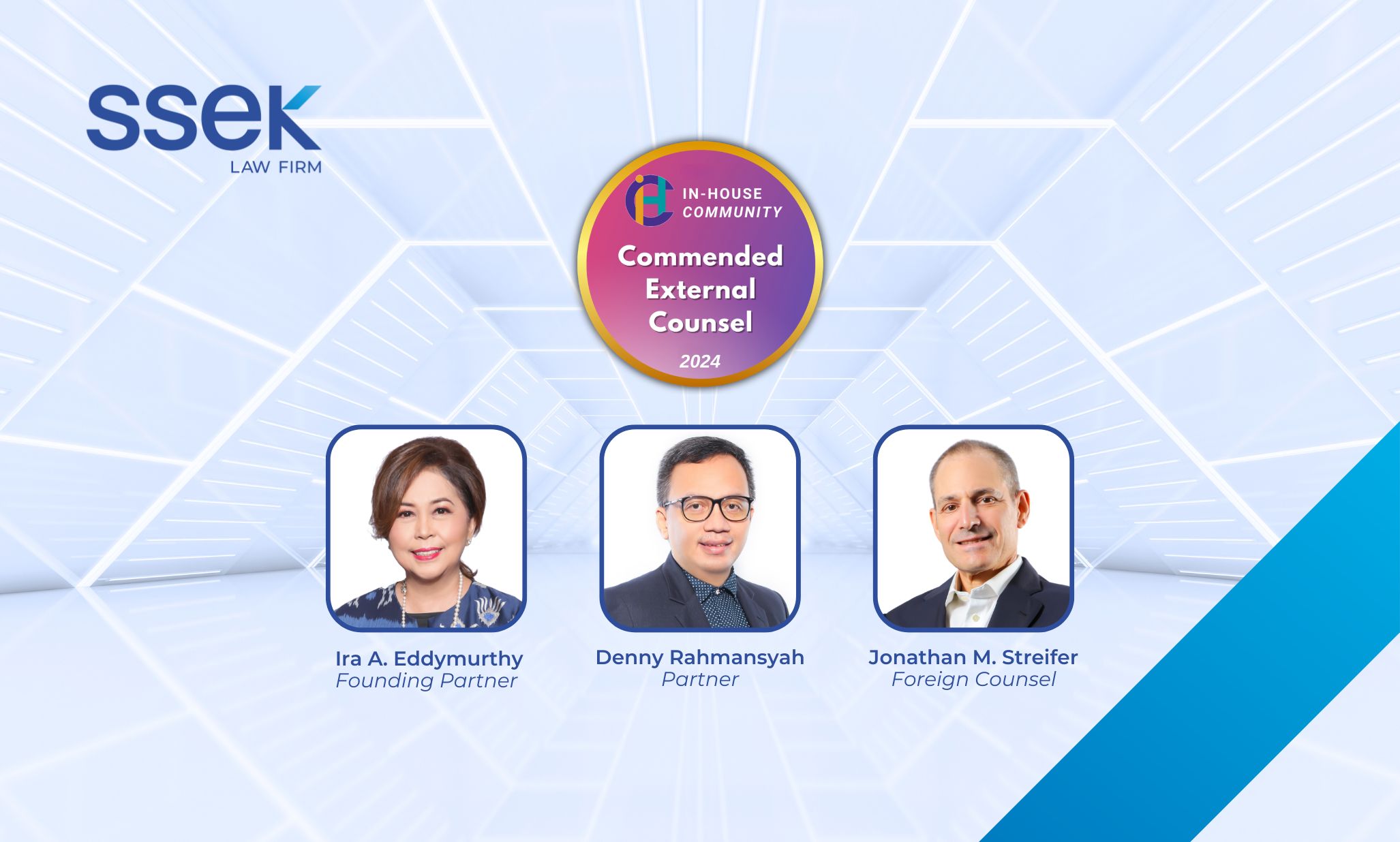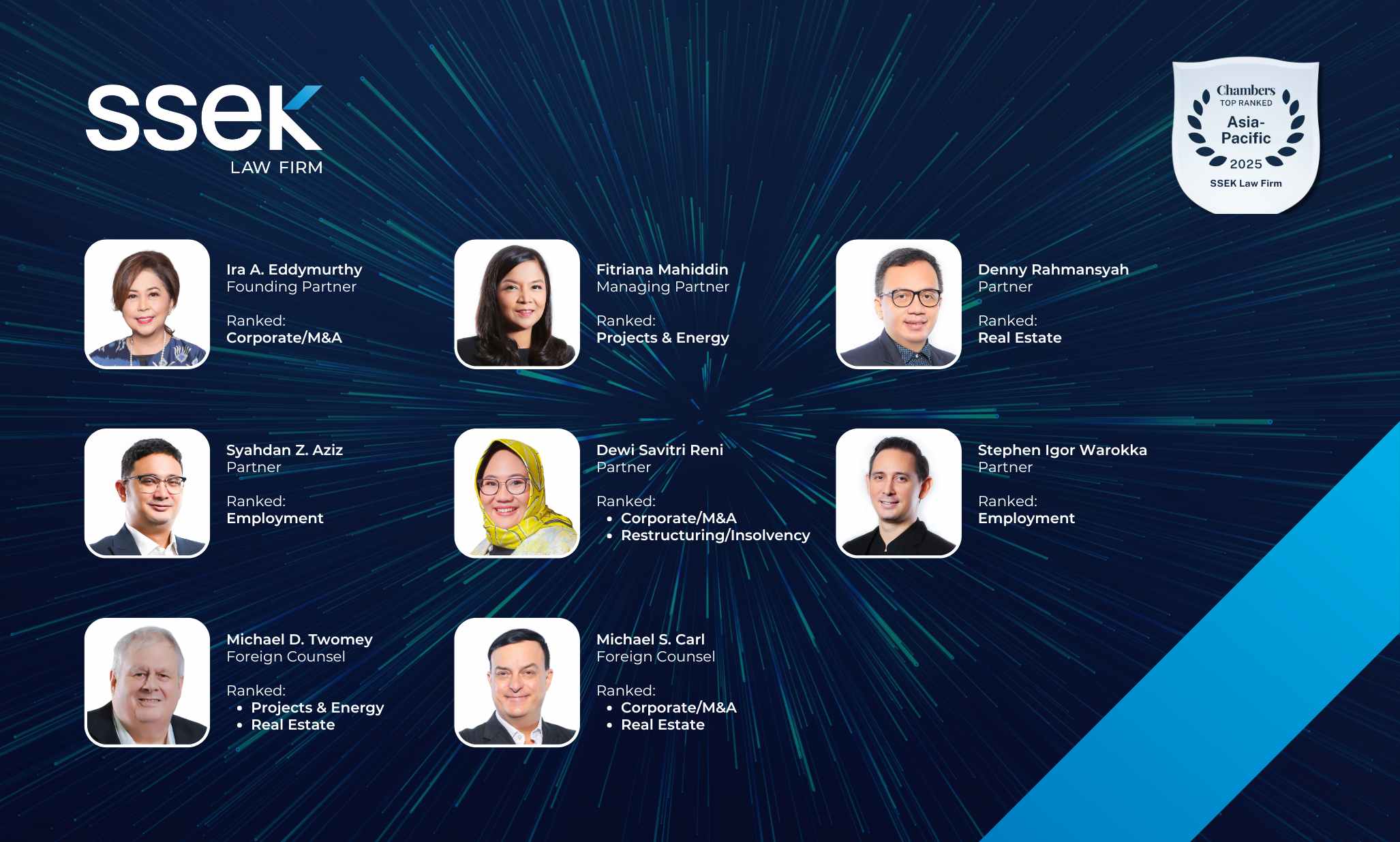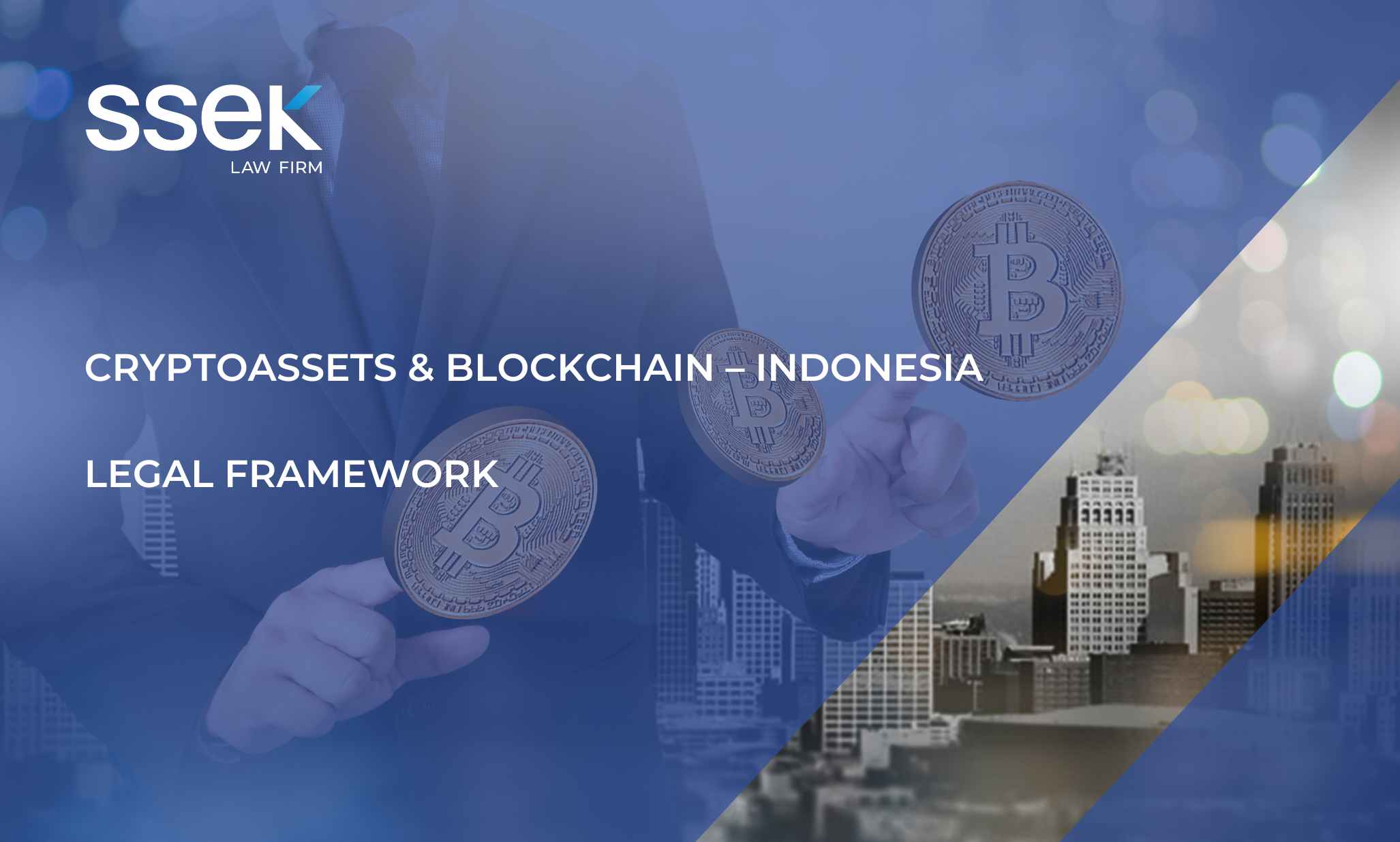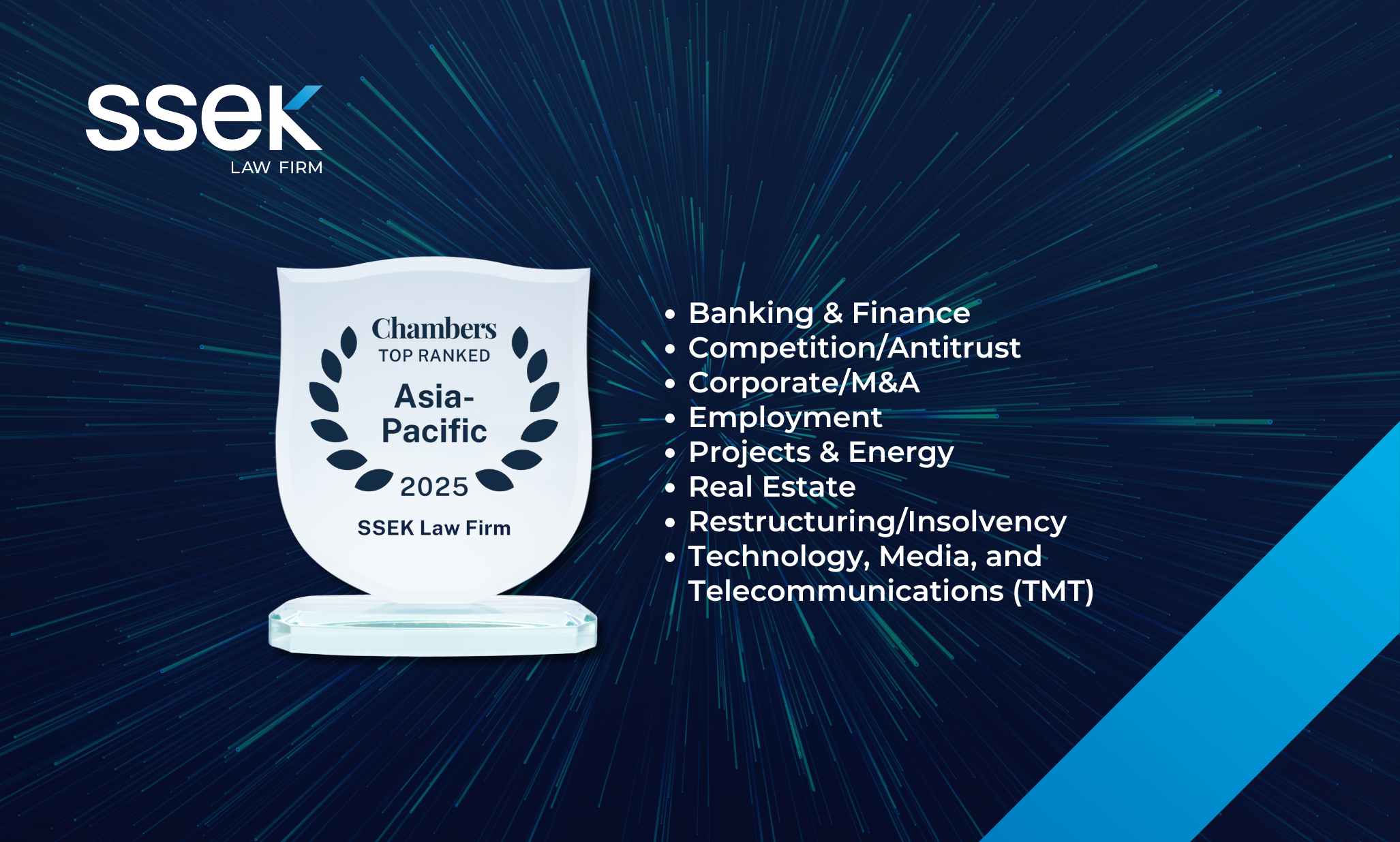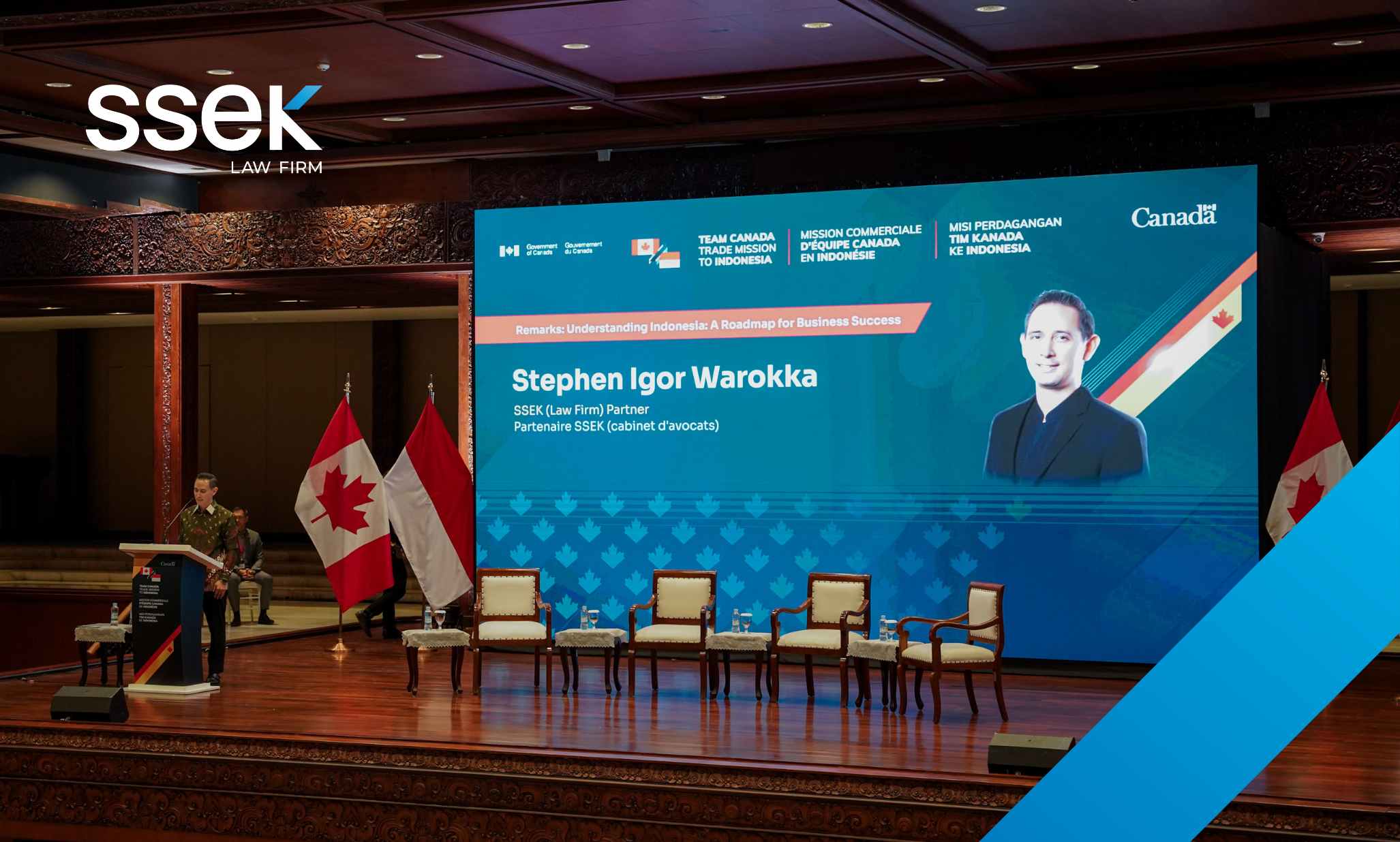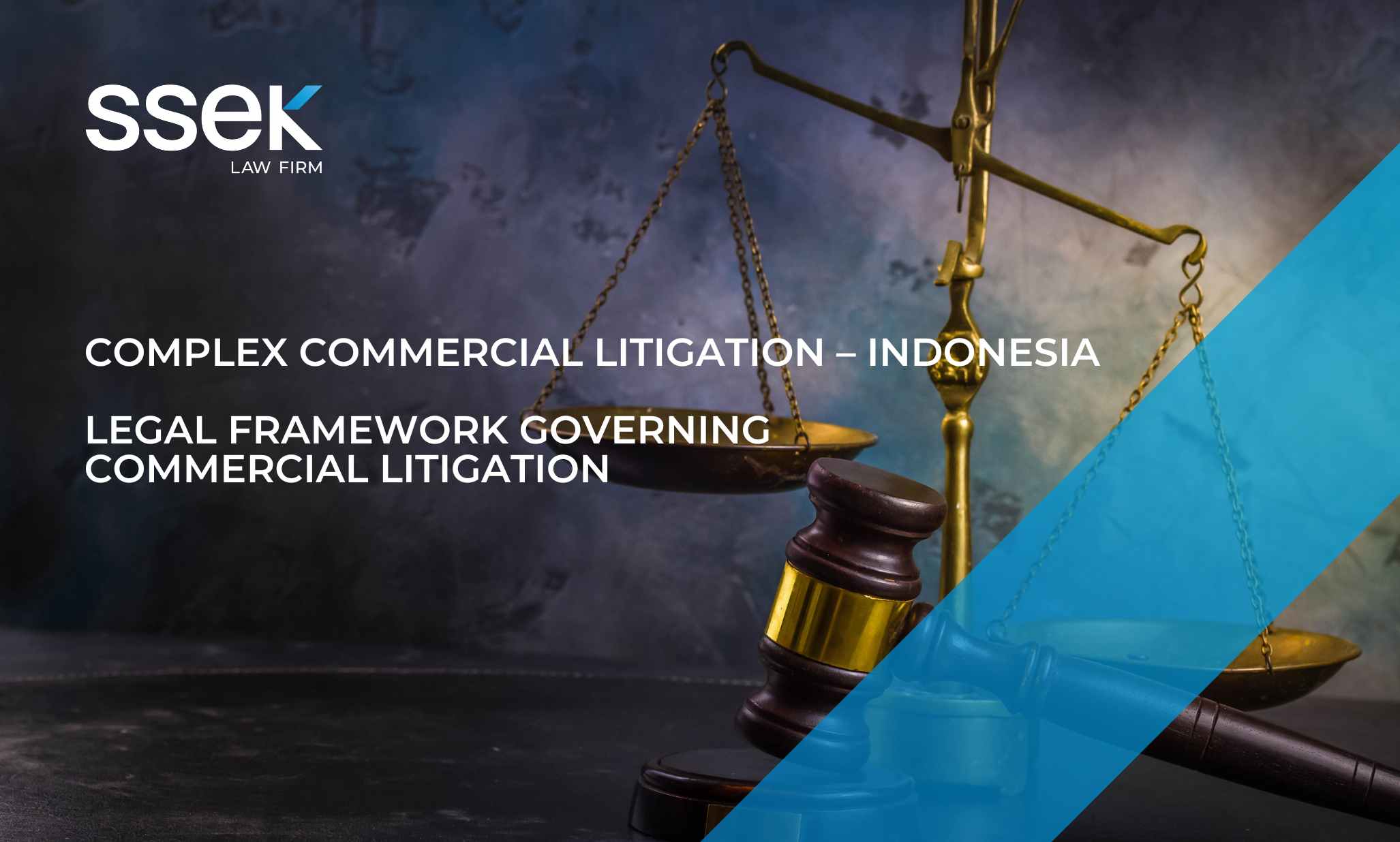


Lexology Getting the Deal Through – Complex Commercial Litigation: Indonesia provides local insight into the litigation market and legal framework; pre-action considerations (including alternative dispute resolution); bringing and defending a claim; procedural steps; funding; costs; appeals; cross-border enforcement; the advantages and disadvantages of litigating in this jurisdiction; and recent trends.
Legal Framework Governing Commercial Litigation in Indonesia
Indonesia’s main legal framework is the civil law system that adopted Dutch colonial law while also recognizing customary law and religious law. Aceh is the only province in Indonesia that has implemented a religious legal system, referred to as Qanun.
In connection with commercial litigation, the civil law system in Indonesia heavily impacts litigation proceedings. Unlike in countries with a common law system, judges in Indonesia are not bound by legal precedent. Thus, each case before the Indonesian courts is examined on a case-by-case basis by taking into account its particular facts and merits.
There are three stages of litigation proceedings that can be brought to Indonesian general courts as follows:
- the district court as the court of first instance;
- the high court as the court of appeal; and
- the Supreme Court as the cassation court.
Other than the general courts, the Indonesian legal system also recognizes specialized courts for certain commercial disputes. These include the (1) commercial court as the court that handles bankruptcies, suspension of debt payment, and intellectual property disputes; and (2) the industrial relations court as the court that handles employment disputes.
Excerpted from Lexology Getting the Deal Through – Complex Commercial Litigation, published by Law Business Research.
Find Lexology Getting the Deal Through – Complex Commercial Litigation: Indonesia here.
This publication is intended for informational purposes only and does not constitute legal advice. Any reliance on the material contained herein is at the user’s own risk. All SSEK publications are copyrighted and may not be reproduced without the express written consent of SSEK.




